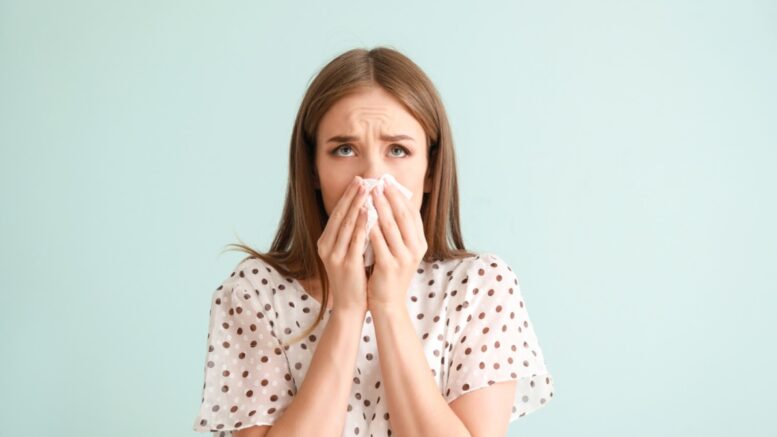For the past one and a half year, we all have been affected by the coronavirus, globally. We faced hard times, saw people in death beds, looking for a bed in hospitals and what not. You might have concerns if you have COVID-19 and are looking for yourself or a close one who has been infected at home. How do you know when you need medical help? How long is it possible to be isolated? What would you do to keep germs from spreading? How do you care about a sick loved one while still managing your own stress? Here’s what you need to hear about it. Here are some of the tips that will help you to treat COVID-19 at home.
Get yourself isolated in a room
If you think you have symptoms of COVID-19, then immediately call your doctor. Your doctor will give you advice on how to care of yourself while you’re sick. They may also arrange free covid testing for you if you haven’t been tested already. Try to isolate yourself in a room where nobody comes. You can go upstairs or in the basement or any room that is a bit away from other rooms. Separate your towel, utensils, crockery etc. Take all the necessities with you. Take your pjs and clothes with you and keep them to yourself.
You should self-isolate for at least one week before you have healed in this situation. You should also take care of the frequently touched items and surfaces. Regularly clean and disinfect those surfaces frequently. Such items include door handles, light switches, counters, and bathroom and kitchen areas. Also do not forget to disinfect your smartphone as it is frequently in contact with your hand and face. This is the very first thing you can do to treat COVID-19 at home. In case you need to travel, you need to provide covid test report before boarding the plane. You should do a Covid test for travel on time so there is no inconvenience when it is time to travel.
Medication
Almost everybody experienced body aches in fever. There is no treatment for COVID-19 at this time. Treatment’s goal is to control and relieve symptoms until you’ve healed. The majority of people (around 80%) have asymptomatic or minor infections that can be handled at home. Never take random antibiotics you see in your medical box until or unless you are prescribed by your doctor. Antibiotics do not help coronavirus since it is a virus.

Stay Hydrated
Drink lots and lots of water and stay hydrated. She said, “Good hydration levels will support your nose by keeping the mucous membrane intact.” “When coughing, sneezing, or even just breathing, this could help reduce nasal inflammation. Moisture also aids in the healing of damaged membranes, preventing the entry of new bacteria into the body.”
Take Steam
Steam really helps you clear your nasal activity. It also helps you to get rid of the flu and cold. It is important to mention that although steaming can help alleviate cough or a cold in the upper respiratory tract, doctors say it won’t help with pneumonia or any other lung disease, or cure an infection in any way.
Check oxygen level regularly
Do keep a check on your oxygen level in blood regularly. In order to treat COVID-19 at home effectively, you can have a pulse oximetry test at home to check the oxygen saturation level. It can even notice minor differences in the efficiency at which oxygen is transported to the extremities farthest from the heart, such as the legs and arms.
Herbal remedies with ginger and turmeric
There is no doubt that ginger and turmeric both have anti-inflammatory properties. Furthermore, ginger contains chemicals that combat colds and alleviate digestive issues. Turmeric contains hundreds of active chemicals and is an excellent pain reliever. You can have ginger tea or any green tea containing ginger, clove and cinnamon with honey and lemon to help you digest efficiently. It also treats bad throat, flu and cough. This can help you treat COVID-19 at home.

Vitamins
Take multivitamins, iron and zinc. Try to sunbathe. Sit in front of your window to have some vitamin D. Take lots of vegetables and fruits.
Bottom Line
It is very important to disinfect the room when you are recovered. Clean each and everything of the room. From the door knobs, power switches, cupboard, bed, side table, bathroom, each and everything you had a contact with.
